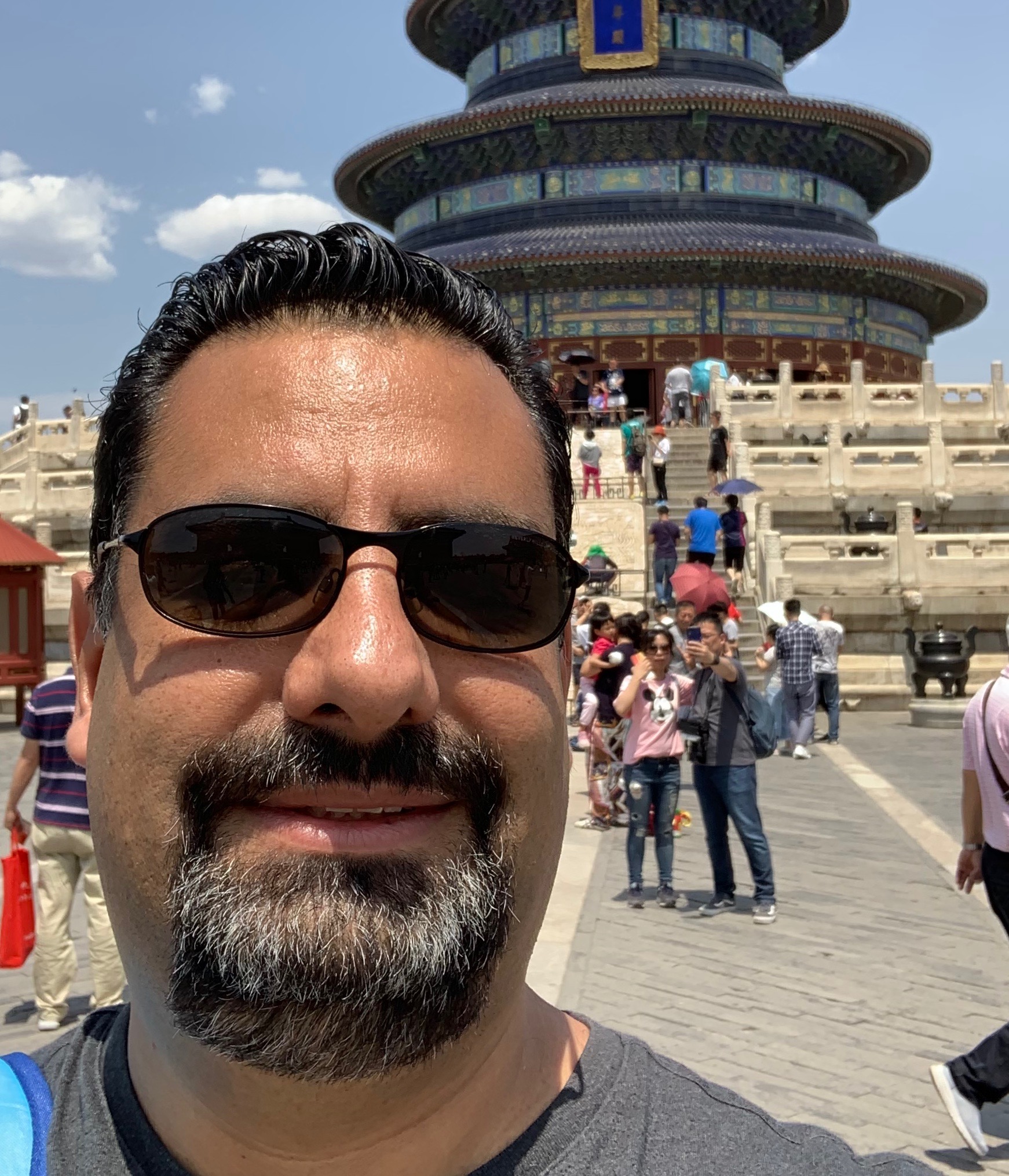There’s something that’s been missing from the debate about the Ahmed Mohamed clock incident, and it’s not about politics, religion or race. It’s about the state of technology education for kids today.
Let’s look at the issue that is the elephant in the room: there’s a very natural tendency for a certain group of kids we’ve traditionally called ‘nerds’ to take things apart, put things back together again, and see how technology works. But most of us, including those of us in positions of authority such as teachers and principals, freak out about this kind of behavior.
Why is that?
Some of the most famous technologists were tinkerers at one point in their lives. Steve Wozniak. Bill Gates. Steve Jobs. Probably a very long list of technology founders started off in life tinkering with technology like Ahmed. They were driven by curiosity and the desire to experiment - and they got encouragement from the right people.
But are we encouraging enough kids to explore technology? Are we providing them with the right education?
Technology and the Future of Business
The question of kids and technology couldn’t have come at a more opportune time. We’re at an important turning point in history in which business is changing right before our eyes.
Let’s look at some statistics to get a perspective on the world our children are growing up in:
- According to the U.S. Bureau of Labor Statistics, IT Jobs will grow 22% by 2020, most of them in software
- Four of the top 10 companies in the S&P 500 are now technology companies (Apple, Google, Microsoft and Facebook)
- Netflix and Amazon, both companies that live in the cloud, received 34 and 12 nominations respectively for the 2015 Emmy Awards. Neither of these two companies produced their own TV content three years ago.
These statistics are just the tip of the iceberg – and they indicate where things are heading. Marc Andreessen prophetically stated four years ago in his essay Why Software is Eating the World: “…we are in the middle of a dramatic and broad technological and economic shift in which software companies are poised to take over large swathes of the economy.”
And Andreessen is not talking about traditional software companies. He’s talking about all companies, who are either becoming software companies or being replaced by software companies.
Think how Netflix has replaced Blockbuster. How Uber and Lyft are blowing up the taxi industry. How AirBNB is reinventing hospitality. And much more.
Who will build these companies of the future? Who will support these companies? Where will the talent come from?
And more importantly, are we preparing our kids to survive - and thrive - in this brave new world?
Glimmers of Hope: Technology Education for Today’s Youth
But there are glimmers of hope for our youth.
In 2013 the United Kingdom became the first country to make computer programming a compulsory school subject for all grades.
A little closer to home and more recently, Mayor Bill de Blasio of New York announced that within 10 years all the city’s public schools will have to offer computer science to all students.
And there are multiple private initiatives such as Code.org, Code School, Codeacademy, and Google Code.
Our own CEO, Blanca Treviño, has been supporting a great initiative sponsored by the U.S.-Mexico Foundation called #1000Girls1000Futures, whose goal is to encourage Mexican high school girls to enter the sciences, technology and engineering fields.
And an initiative I’m very proud of is Softtek’s own Momentum Program in which I’ve participated as a mentor and teacher. The goal of the program is to match university students – and now even high school students – with technology internships.
These are not your typical internships where the student gets stuck making photocopies or getting coffee for the developers. These interns get to work on real software projects with real clients. That’s the best technology education you can give young people, where they get to create software on deadline that will be delivered to a production environment.
Conclusion
So Ahmed Mohamed’s clock has made one thing clear, at least in my mind: we need more technology savvy kids, and technology savvy adults to support them, because the world is getting swallowed whole – and eaten up – by software.
And while our kids are playing video games, sharing their lives on social media, and living on their phones, other kids in other parts of the world are learning how to make these video games, applications and platforms. Don’t we want our own young generations building, creating and supporting the technology – and the companies of the future?




















